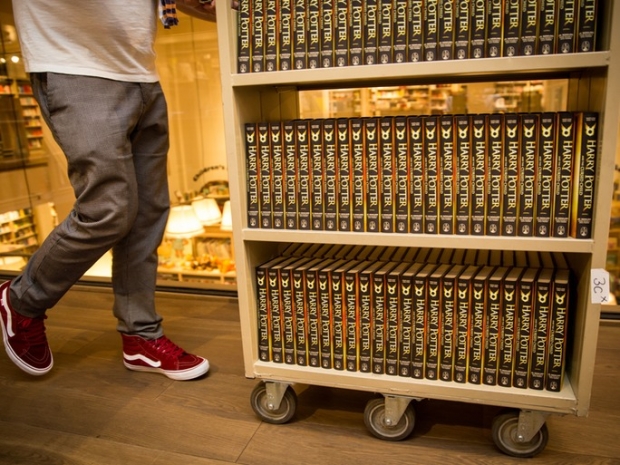
10 People (Besides The Author) Who Bring A Book Into the World
bustle.com – Wednesday September 21, 2016

It wasn't until I began working in publishing that I realized what a huge and complex industry it is. I think most people have an idea that book publishing consists mainly of a writer and an editor, duking it out over comma-placement in a battle of the wits. In reality, there's much more to the process, and many people are involved in the publication of a book.
The Long and Winding Road to Finding a Literary Agent
huffingtonpost.com – Tuesday September 20, 2016
This summer, one of my writing dreams came true — I signed with a literary agent!
I’ve been writing my entire adult life, so this wasn’t my first attempt at attracting representation, but this time, I succeeded. I thought I’d share some reflections on the process that might help other aspiring writers out there. How do you know when you’re really ready to pursue and work with an agent?

13 Writing Tips From J.K. Rowling, Because She Knows A Thing Or Two About Perseverance
bustle.com – Saturday September 17, 2016

If you're an aspiring writer, then you know how hard it can be to stay focused, motivated, and inspired while trying to finish a book and get it published. Whether it be writer's block or rejection letters, you're bound to hit a wall at some point during the incredible yet painful process of creating, but whenever you find yourself ready to thrown your manuscript out the window, turn to these writing tips from J.K. Rowling. After all, she knows a thing or two about writing a fantastical, bestselling series.
5 Things You Need To Know About Writing Before Becoming A Writer
huffingtonpost.com – Friday September 16, 2016
Writing is difficult. If I could encapsulate writing I would say that it’s the equivalent of stepping up to the plate and either hitting a 600 foot home run or taking the most embarrassing swing only to find you didn’t come anywhere near the ball.
Some days I sit down and it seems like words I didn’t know I had just keep flowing out of my fingertips, and other days it feels like my brain can’t properly communicate with my hands to tell them what the hell to write.
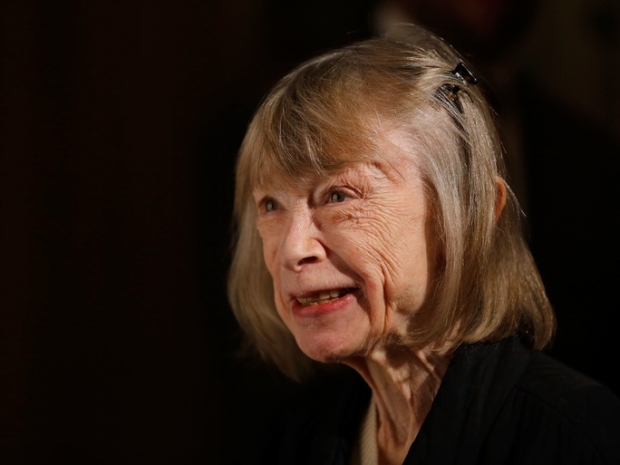
11 Writing Tips From Joan Didion, Because She Knows A Thing Or Two About It
bustle.com – Thursday September 15, 2016

Award-winning writer, sharp critic, and insightful memoirist — is there anything the author of Slouching Towards Bethlehem can't do? Probably not, which is why you can take writing advice from Joan Didion to heart. After five decades of real-world practice, could you think of anyone better to advise you? I didn't think so.
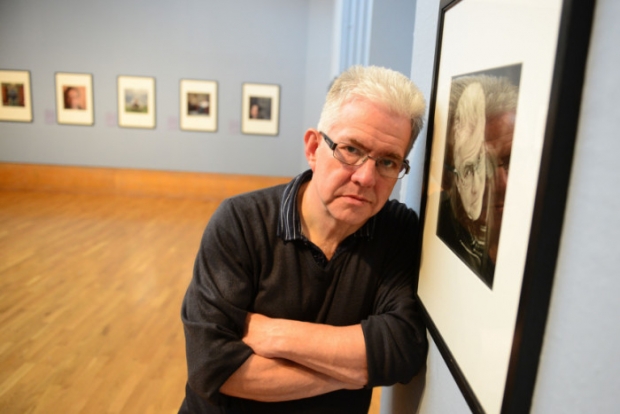
Ian McMillan: Why the key to good writing is avoiding the Truth
yorkshirepost.co.uk – Sunday September 11, 2016

In my writing, I try to avoid the truth. No, that’s not quite right. What I mean is that in my writing I try to avoid Truth, and that’s slightly different. As well as avoiding Truth I do my best to steer clear of Fear, Hate, Desire and Love. The clue, of course, is in the capital letters: I’m talking about abstract nouns here. The great poet Ezra Pound said “Go in fear of abstractions” and he was right.
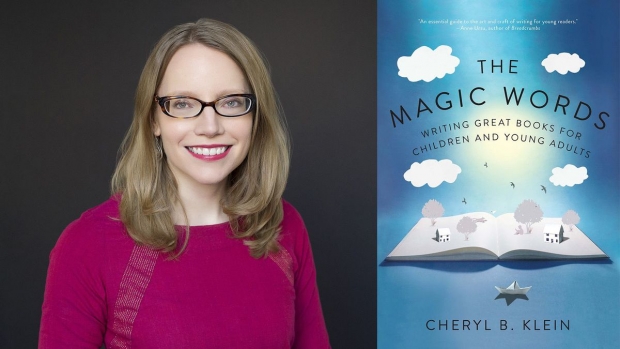
6 novel-writing tips from one of the publishing world's top editors
mashable.com – Thursday September 8, 2016

How do you write a great novel? As an executive editor for a major publisher in New York City, I think about this question every day as I work with my authors to develop and refine their books. (And I’ve just written a book myself — The Magic Words: Writing Great Books for Children and Young Adults — that delves deeply into the answers.) In brief, these six “Ps” should help you write a novel that satisfies and excites both you and readers:
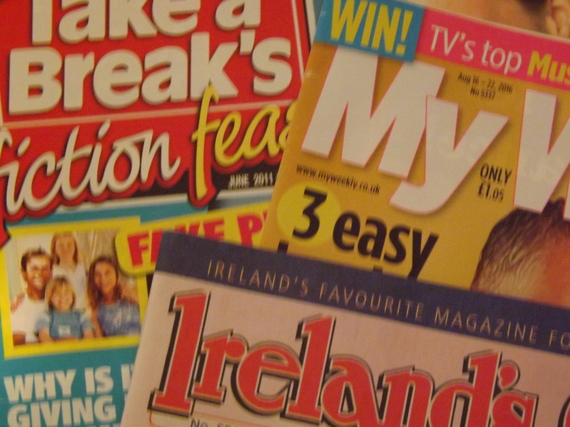
5 Tips When Writing Fiction For Women’s Weeklies
huffingtonpost.co.uk – Tuesday September 6, 2016

Ah, the People’s Friend, Woman’s Weekly and My Weekly. You probably remember your mother reading them, and maybe your grandmother. They’ve all been on the newsstands for more than 100 years - the People’s Friend for nearly a century and a half - and because they’ve been around so long you may have preconceived ideas about the sort of short stories they publish.
A Desperate Plea From A Desperate Writer
huffingtonpost.com – Saturday September 3, 2016
Whether this sounds snarky or not it needs to be said, and I guess I’m going to be the one to say it.
PLEASE STOP TALKING SH*T TO WRITERS.
This is a desperate plea from a writer trying her hardest to remain a pacifist, but some people make it hard. While I juggle edits and the general neurosis that goes with trying to tell stories people will read in a world where, to quote Dr. Egon Spengler in Ghostbusters, “Print is dead,” you dum dums say things that make me understand why some of the best writers of our time went a little batty.
Let’s examine, shall we?
Why It’s Wrong To Say Creative Writing Courses Are Killing Creativity
huffingtonpost.co.uk – Saturday September 3, 2016
I have just read Ravinder Randhawa’s blog on Killing the Creative - In Creative Writing Courses.
Without wanting to offend her, I wanted to write about why, in my opinion, she is wrong and also about why I believe it’s important to address the way the criticism of writing training for the reasons outlined in her blog is causing damage to the diversity of the writing industry.
Get the free newsletter | Submit a news item or article | Get Writers' News for your website





